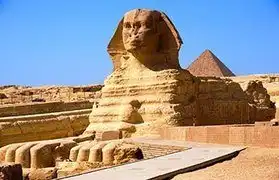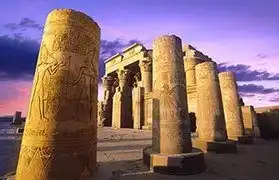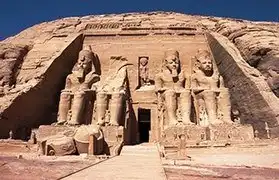Learn Arabic for free
Learn Arabic fast and easily with our language course ‘Arabic for beginners’.
![en]() English (UK]
»
English (UK]
»
![ar.png]() العربية
العربية
| Learn Arabic - First words | ||
|---|---|---|
| Hi! | مرحباً! | |
| Hello! | مرحباً! / يوم جيد! | |
| How are you? | كيف الحال؟ | |
| Good bye! | مع السلامة! | |
| See you soon! | أراك قريباً! | |
What is the best way to learn the Arabic language?
Learning the Arabic language presents a unique set of challenges and rewards. Immersion is a powerful technique, surrounding yourself with the language through Arabic media, such as films, music, and news broadcasts, aids in natural learning. Starting with the basics, such as the alphabet and common phrases, establishes a solid foundation. This approach helps beginners understand the building blocks of the language, making future learning more accessible.
Practicing regularly is essential for progress in Arabic. Allocating time each day to practice reading, writing, and speaking ensures steady improvement and helps in retaining the language. Utilizing online resources and language apps can enhance traditional learning methods. These platforms offer interactive lessons tailored to different skill levels and are a convenient way to learn at your own pace.
Joining language exchange programs or finding a study partner can provide practical experience. Engaging with native speakers allows learners to practice conversational Arabic and gain cultural insights, enriching the learning experience. Incorporating Arabic into daily life can accelerate learning. Simple changes, like labeling items in your home in Arabic or following Arabic social media accounts, increase exposure to the language.
Reading Arabic literature and newspapers helps learners familiarize themselves with various dialects and cultural contexts. It also improves vocabulary and understanding of complex sentence structures. Attending formal Arabic language classes offers a structured approach to learning. These classes provide personalized feedback and the opportunity to interact with other learners, creating a supportive environment that fosters quick and effective language acquisition.
Even Arabic beginners can learn Arabic efficiently with ‘50LANGUAGES’ through the practical sentences. First you will get to know the basic structures of the language. Sample dialogues help you to express yourself in the foreign language. Prior knowledge is not required.
Even advanced learners can repeat and consolidate what they have learned. You learn correct and frequently spoken sentences and you can use them immediately. You will be able to communicate in everyday situations. Use your lunch break or time in traffic to learn a few minutes of Arabic. You learn on the go as well as at home.
Learn for free...
Text book - book2 English - Arabic for beginners Learn Arabic - First words
Learn Arabic with the Android and iPhone app ‘50LANGUAGES’
The Android or iPhone app ‘Learn 50 languages’ is ideal for all those who want to learn offline. The app is available for Android phones and tablets as well as iPhones and iPads. The apps include all 100 free lessons from the 50LANGUAGES Arabic curriculum. All tests and games are included in the app. The MP3 audio files by 50LANGUAGES are a part of our Arabic language course. Download all audios for free as MP3 files!








